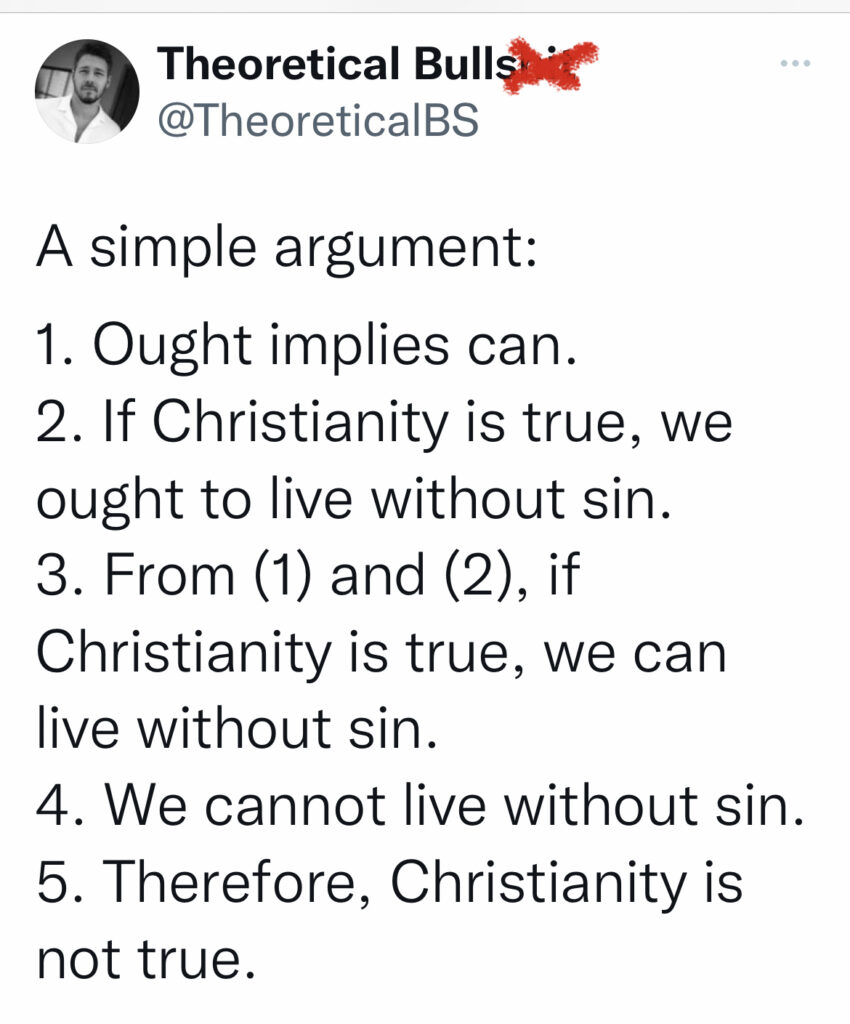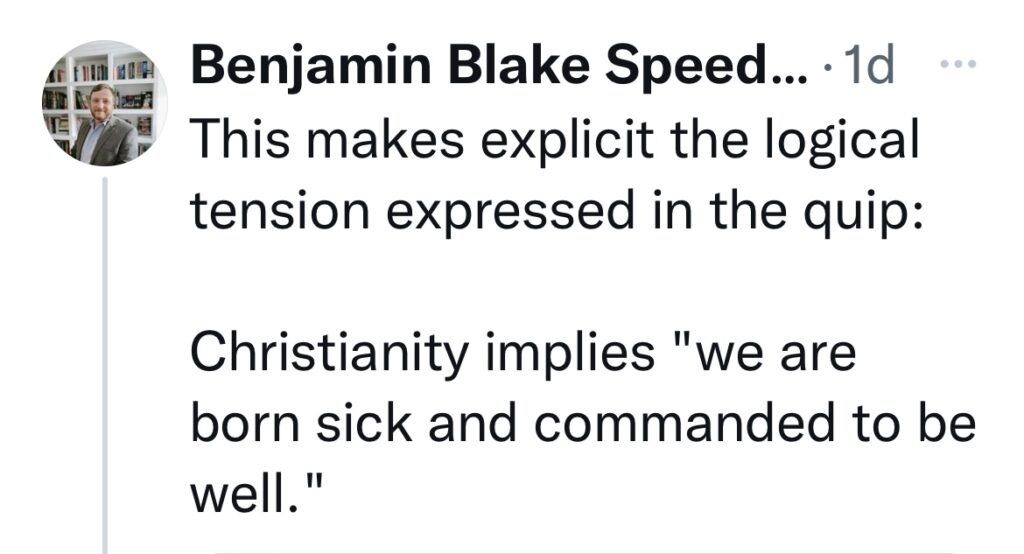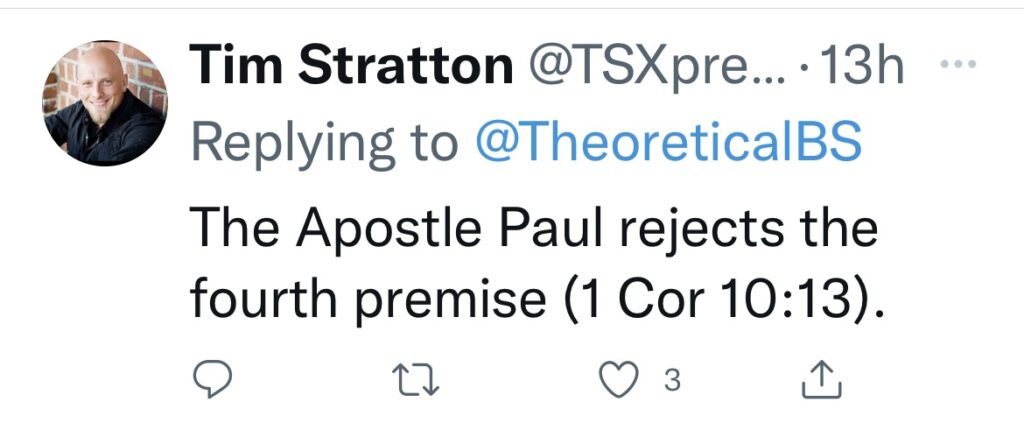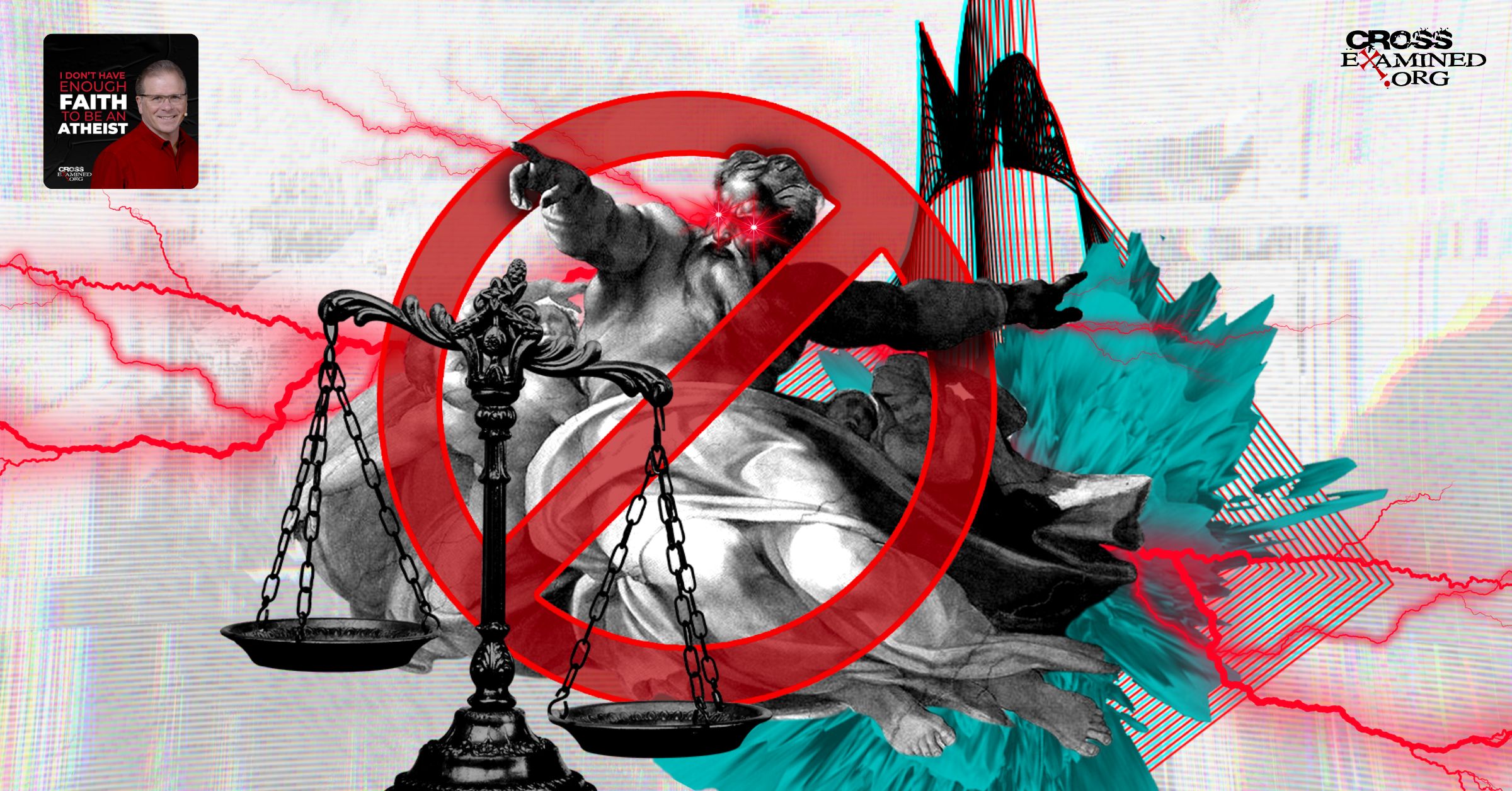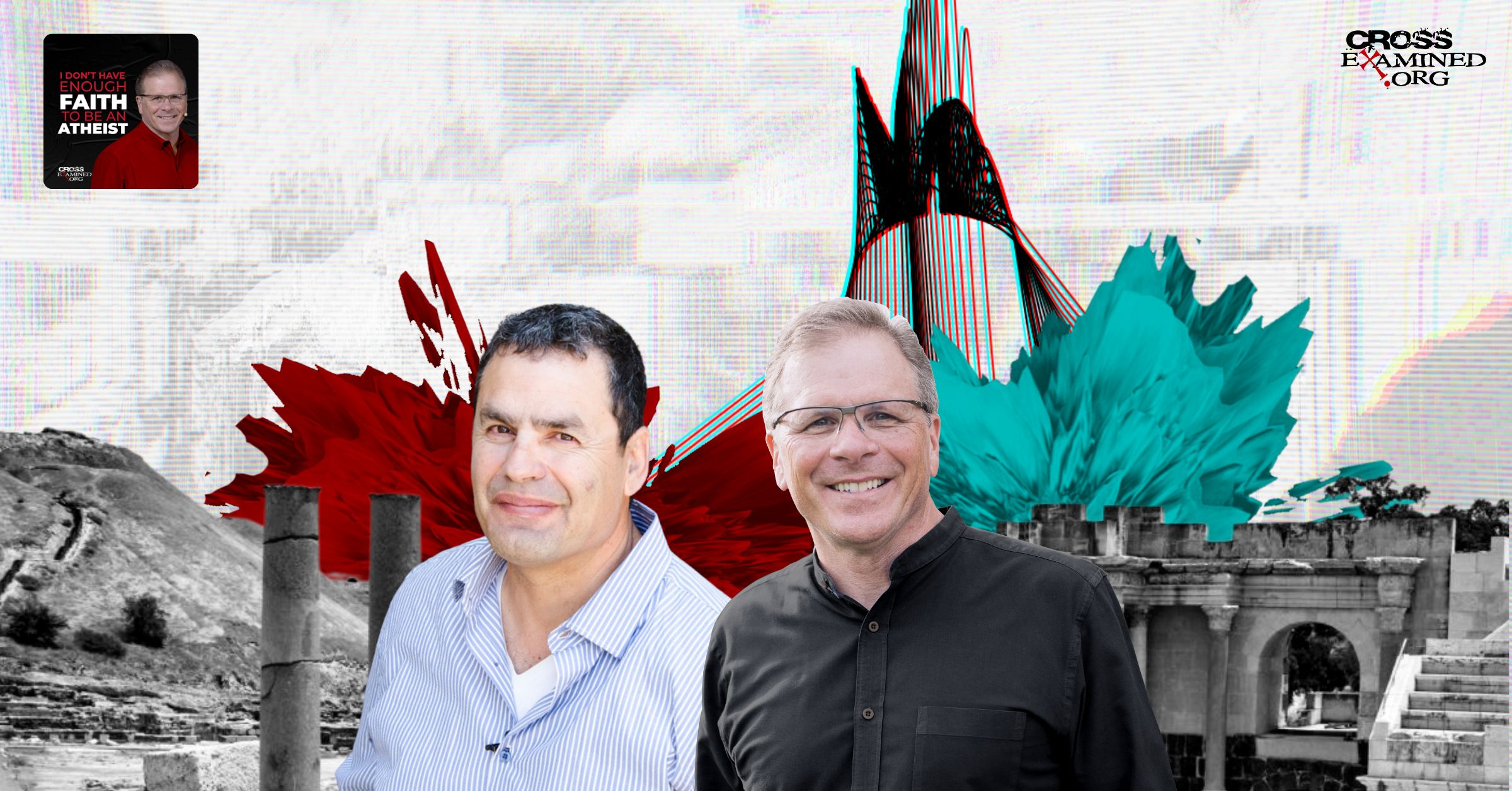By Ryan Leasure
This final post will consider the short-comings of the King James (KJV) Only Movement.
Nothing New Under The Sun
In many respects, the KJV Only Movement is hardly novel. People have been propping up certain Bible translations since the time of Jesus.
One early translation that received this exalted status was the Septuagint (LXX). After the Jewish people went into exile, many remained outside of Israel, even after they were granted permission to return and rebuild. Over the course of centuries, the Jewish people no longer had a grasp on the Hebrew language. Therefore, to make the Old Testament accessible to more people, Jewish scholars translated the Hebrew text into Greek. This translation happened sometime between the third and second centuries BC.
Legend has it that seventy-two scholars all translated the text independently. Yet when they convened to compare their translations, they discovered that they all created the exact same translation! It’s the stuff of legends. But the story stuck, and people revered it.
Therefore, when it came time for Jerome to create the Latin Vulgate, his friend St. Augustine scolded him for using the original Hebrew text and not the inspired LXX. Augustine complained that people had become so accustomed to the readings of the LXX, that Jerome’s text was causing too much controversy in places where the Hebrew did not agree with the Greek translation. In other words, tradition trumped accuracy.
Fast forward a thousand years, and Jerome’s Vulgate was now on the receiving end of being pushed out by a modern translation. The Greek scholar Erasmus created the first critical New Testament in 1516 and raised more than a few eye brows in the process. Fortunately for Erasmus, the Pope didn’t order his execution. Erasmus, after all, dedicated his new translation to Pope Leo X with the hopes of gaining his approval.
That said, many disliked Erasmus’ work because he “tampered” with God’s Word. Not only did he create a critical Greek New Testament, he used that Greek to update the Latin Bible! Erasmus’ desire to be as accurate to the original text as possible frustrated the churchmen because the original text differed from their beloved Latin Vulgate.
Now five hundred years later, those within the KJV Only Movement condemn others who prefer modern English translations for the same reasons that the church condemned Erasmus. Ironically, it was Erasmus’ text that was the base text for the King James Bible in 1611.
Not an Attack on the KJV Bible
Let me be clear. I am not attacking the King James Bible. I grew up using the KJV. The translation, as far as it goes, was a fine translation for a few hundred years. I believe that when people read the KJV, they are reading the Word of God.
Nor am I attacking those who prefer the KJV to other translations (though I think modern translations are superior).
Instead, this article critiques the position that the KJV translators were inspired, and that all other translations are corruptions of God’s Word.
The KJV Translators
It is my strong opinion, that if the KJV translators were alive today, they would reject the KJV Only Movement. None of the forty-seven Anglican scholars ever thought they were inspired by God as they created the translation. In the preface to the 1611 KJV, the translators defended their use of marginal notes when they wrote:
Doth not a margin do well to admonish the Reader to seek further, and not to conclude or dogmatize upon this or that peremptorily? . . . Therefore, as S. Augustine saith, that variety of Translations is profitable for the finding out of the sense of the Scriptures. So diversity of signification and sense in the margin, where the text is not so clear, must needs do good, yeah, is necessary, as we are persuaded.
Of course, none of the modern KJV Bibles retain the over 8,000 marginal notes from the original KJV 1611. But the translators felt it necessary to include these marginal notes because they were less than certain of their translation in several places. In fact, they explicitly state that they weren’t perfect translators! Read carefully their own words in the preface:
To those who point out the defects in [the translators’ works], they answer that perfection is never attainable by man.
And if anyone needs proof that the KJV translators weren’t inspired, the original 1611 version underwent about 100,000 updates and changes before the 1769 edition—the edition people use today.
The KJV translators also wanted to give the people a Bible that was both faithful to the text but also readable at the same time. They say elsewhere in the preface:
Translation it is that openeth the window, to let in the light; . . . that putteth aside the curtain, that we may look into the most Holy place; . . . Indeed, without translation into the vulgar tongue, the unlearned are but like children at Jacob’s well without a bucket or something to draw with; . . . Now what can be more available thereto, than to deliver God’s book unto god’s people in a tongue which they can understand?
It was the goal of the KJV translators to give the people an understandable translation. Therefore, if they were alive today, they most certainly would encourage people to read a translation that doesn’t use words like “churl” (Isa 32:7), “cockatrice” (Isa 11:8), “sackbut” (Dan 3:5), or “crookbackt” (Lev 21:20). Those words made sense in 1611. In 2021, they’re gibberish.
The Greek Text
As previously mentioned, the KJV translators used Erasmus’ various editions of the Greek NT for their translation. Although, more technically, they relied heavily on William Tyndale’s English translation which they copied about 90% of the time.
That said, Erasmus’ Greek text was based on a handful (less than ten) of medieval texts. And none of these texts had the final section of Revelation. So Erasmus created his own Greek text for the ending of Revelation using the Latin text! Erasmus’ text has come to be known as the Textus Receptus (TR) and became the basis for the KJV.
Modern translations, however, make use of over 5,000 Greek NT manuscripts—many of which date to the second-fourth centuries. Modern scholars have access to P66 (2nd-3rd century text of John), P75 (2nd-3rd century text of Luke and John), P46 (2nd-3rd century text of Paul’s letters), Codex Sinaiticus (4th century complete NT), and Codex Vaticunus (4th century almost complete NT).
And Biblical scholars have discovered that while Erasmus’ text was quite good, his NT reflects later readings in several places that were not present in the earliest manuscripts.
Different Texts
Most modern Bibles are based off of the Nestle-Aland (NA) and the United Bible Societies (UBS). As mentioned previously, these critical texts are based off of thousands of Greek manuscripts—many of which date to the earliest centuries of the Christian Church. While there is strong uniformity between these texts and the TR, they diverge in several places. Allow me to share a few of them.
1 John 5:7
The KJV reads, “For there are three that bear record in heaven, the Father, the Word, and the Holy Ghost: and these three are one.” The ESV reads, “For there are three that testify.” KJV Only proponents believe the absence of this clear Trinitarian reference in modern translations is a weakness. The problem is that the words “the Father, the Word, and the Holy Ghost” are most certainly not original to John.
When Erasmus made his Greek text in 1516, he left out this phrase which is now dubbed the “Johannine comma.” This omission upset many because the Latin Vulgate contained it. Again, people get upset when changes are made to their precious Bible translations. Erasmus left out the phrase because he couldn’t find it in a single Greek manuscript. Erasmus took heat for trying to be as accurate as possible. He even promised that if he found it in a single Greek manuscript, he would include it in a later edition.
It just so “happened” that a Greek manuscript was produced that contained the phrase. Hardly anyone disputes that this manuscript was created by one of Erasmus’ contemporaries. And being true to his word, Erasmus included the phrase in his third edition in 1522. That said, no manuscript before the sixteenth century contains this phrase. For this reason, modern translations leave it out.
Mark 16:9-20
Another significant change between the TR and the NA and UBS is the ending of Mark. Modern translations bracket this text and indicate that earliest manuscripts do not include this section.
Why do modern translations bracket the text? First, both Codex Sinaiticus and Vaticanus omit it. These are the earliest manuscripts we have on Mark. Furthermore, the long ending is missing from other early Syriac, Coptic, Armenian, and Georgian translations.
Additionally, several manuscripts which do include the long ending place an asterisk beside it, indicating its suspect nature. It’s also worth noting that some manuscripts contain a different ending altogether. And this condensed ending is sometimes added to the longer ending, creating an even longer ending than verses 9-20.
And if that’s not enough, some manuscripts only include verses 9-11 as an ending, leaving off verses 12-20. And one manuscript adds an entire paragraph to the long ending between verses 14 and 15.
Why do the manuscripts have so many different endings to Mark?
It seems as if early Christian scribes thought that Mark ended rather abruptly, especially compared to the other Gospels. Over time, different endings were added on to Mark’s original work. Only if Mark originally ended at verse 8 can one explain the existence of all the different endings. In other words, if Mark truly did include verses 9-20, one has a difficult time explaining how the other shorter endings made their way into the manuscript tradition.
John 7:53-8:11
The woman caught in adultery was most likely not written by John. Early manuscripts such as P66, P75, Codex Sinaiticus, and Codex Sinaiticus each omit this story. Moreover, several early translations in Latin and Syriac omit the story as well. Some manuscripts which include it do with an asterisk demonstrating its questionable nature.
Another indicator that this text was not original is that while most manuscripts include the story following John 7:52, some manuscripts includes it after 7:36, others have it after 7:44, some have it at the end of the book after 21:25, and some put it in Luke’s Gospel!
Moreover, if these verses were removed from John’s Gospel, one would see that John 7:52 and John 8:12 fit together neatly. In other words, the story of the woman caught in adultery actually interrupts a larger story of Jesus in Jerusalem.
So how did this pericope make its way into the text? Probably, a scribe somewhere down the line included this story in the margins of the text and a later scribe thought the original scribe believed the story was part of the original text. While the story is most likely a true story about Jesus that was part of the oral tradition, it most definitely was not part of John’s Gospel.
Concluding Thoughts
Space permits me from looking at several other textual and linguistic issues (like the KJV saying that Jesus, instead of Joshua, failed to give people rest in Hebrews 4:8). That said, I believe I’ve provided enough evidence to refute the notion that the KJV translation is an inspired translation. It’s a fine translation. It was a great translation for its time. Modern translation, however, like the NIV, NASB, ESV, CSB, and NLT are based on a better Greek text and present the text in a more readable way
Footnotes
1. James White, The King James Only Controversy, 99-104.
2. James White, The King James Only Controversy, 316-320.
3. James White, The King James Only Controversy, 328-329.
Recommended resources related to the topic:
Counter Culture Christian: Is There Truth in Religion? (DVD) by Frank Turek
Defending the Faith on Campus by Frank Turek (DVD Set, mp4 Download set, and Complete Package)
_____________________________________________________________________________________________________________________________________________________
Ryan Leasure holds a Master of Arts from Furman University and a Masters of Divinity from the Southern Baptist Theological Seminary. Currently, he’s a Doctor of Ministry candidate at the Southern Baptist Theological Seminary. He also serves as a pastor at Grace Bible Church in Moore, SC.





